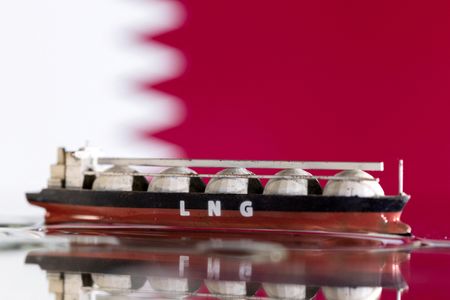FRANKFURT/LONDON (Reuters) – When Svetlana Sarantseva moved to Portugal from Singapore in 2021, she was looking forward to starting a family and working as a nutrition coach on the Azores archipelago.
Having left her native Russia 30 years earlier, little did she imagine that sanctions against Moscow over the Ukraine war would turn something as mundane as opening a bank account into an ordeal.
Sarantseva is one of thousands of Russians living in the European Union who have struggled to open a bank account or had one closed since Russia’s February 2022 invasion of Ukraine – even though they are not subject to any sanctions themselves.
While wary banks increase scrutiny of anyone with a Russian passport, their zeal runs up against EU rules stating that all the bloc’s legal residents are entitled to a basic account.
Reuters has spoken to around two dozen Russian expats or their lawyers, in countries from Portugal to Finland. They include students, a mother of two who has lived in Germany for 20 years and two Russian opposition activists.
The reasons banks provide for denying service vary.
Sarantseva has contacted six banks since April 2022. She was told by online bank Moey! that only Portuguese citizens could open an account. Rival N26 wrote she could not have a joint account with her German husband due to her nationality. Bankinter cited a “lack of commercial interest”.
“I knew they would ask a lot of questions but I never expected I’d be rejected,” the 45-year-old told Reuters on a video call.
Asked to comment, N26 said it “must adhere to strict industry standards and guidelines, which vary depending on nationality”. Moey! confirmed that it only works with Portuguese nationals but said its brick-and-mortar parent Credito Agricola serves “a wider range of residents”. Both banks declined to comment on individual customers.
Bankinter did not respond to a request for comment.
Those affected are far removed from the wealthy Russians who stashed billions of euros offshore in Cypriot banks until a decade ago, leading to 160,000 account closures since, according to the Cypriot Association of Commercial Banks.
Left with no way of collecting their salary or transferring money, the Russians struggling to open accounts have borrowed from friends and family or even used cryptocurrencies to get by.
Those that do obtain an account have often had to go to great lengths, for example by paying for lawyers to plead their case.
Citizens from countries such as Iran and Syria, also targeted by sanctions, have long faced a similar plight but for Russians the problem is new.
Gera Ugryumova, head of human rights group Iskra in Italy, said her organisation has helped reverse some 5,000 bank decisions against Russians and prepare court cases against 42 lenders since the Ukraine war started.
TURNED DOWN
In Poland on a humanitarian visa, Russian opposition activist Yuri Vasiliev has tried to open an account with PKO Bank Polski, Mbank and the local units of Santander, Credit Agricole and Citibank. They all turned him down.
“Some said it was because of sanctions, some said because of an internal order, some demanded a residence permit, not just a visa,” the 28-year-old said.
Credit Agricole Bank Poland said there was no rule barring Russian citizens but it “may refuse to open an account” under laws against money laundering and terrorism financing.
The other four banks did not respond to requests for comment.
A European Commission directive gives all legal residents the right to a bank account, regardless of whether they hold a residence permit or only a visa. Subsequent guidance specifies this includes Russians.
Separately, Russians and Belarusians face a 100,000 euro deposit cap as part of sanctions against their countries unless they have a residence permit.
These partly overlapping rules may be making banks overly cautious, lawyers told Reuters.
“We think that banks’ legal departments are too nervous about not complying with the sanctions,” said Katja Fohrer, a lawyer at German firm Mattil.
The European Commission said it was aware of cases in which banks turn down customers “to avoid higher burden for monitoring these accounts” or due to “uncertainty about sanctions”.
Sarantseva’s husband, Stefan Zwanzger, complained to regulators and politicians in Portugal and his native Germany before finally managing to open a Portuguese account for his wife after reaching out to banking executives on social media.
Germany’s financial regulator told Reuters it received hundreds of complaints every year from people who were turned down by banks and thousands about accounts being closed, but it did not keep a record of the nationality of the complainants.
Banco de Portugal said there was no blanket ban on Russian customers who aren’t under sanctions, “without prejudice to (banks’) internal risk management policies”.
The European Commission said it had not received many such complaints from Russian citizens but, when it did, it had followed them up with national authorities.
(This story has been refiled to complete the sentence in paragraph 24)
(Additional reporting by Anne Kauranen in Helsinki and Michele Kambas in Nicosia; Editing by Kirsten Donovan)









